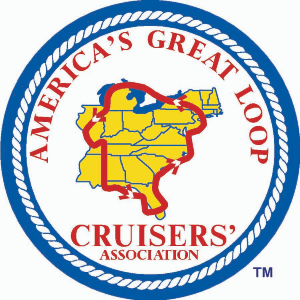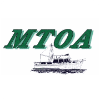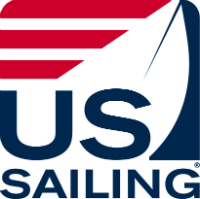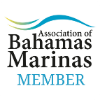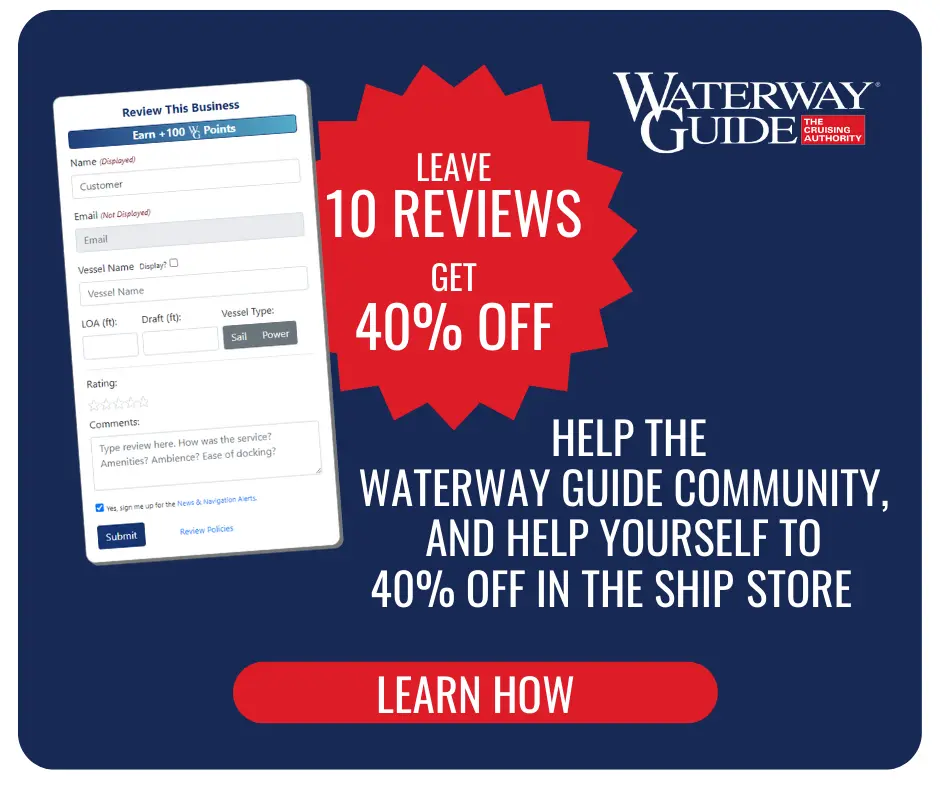Getting boarded by the Coast Guard is just like going aground – if you cruise long enough, it will happen to you (careful not to go aground while you're being boarded!) From a Coast Guard News article:
CLEVELAND — During National Safe Boating Week 2016, the Coast Guard is reminding all boaters they are subject to Coast Guard boardings and should understand the process so they will be prepared if they are boarded while underway.
The Coast Guard may board any vessel, including kayaks, canoes, and personal watercraft, at any time to ensure the safety of those aboard and others nearby.
“One of the biggest misconceptions boaters have about Coast Guard boarding teams is that we need probable cause to conduct an inspection,” said Petty Officer 2nd Class John Sifford, a boarding team member at Coast Guard Station Fairport, in Grand River, Ohio. “We are not out there looking to give boaters a hard time, we are conducting safety checks and we usually complete boarding of a recreational vessel in less than 30 minutes.”
Boaters who have been boarded by the Coast Guard within the year and can produce their Boarding Report, or who have received a free Coast Guard Auxiliary vessel safety check and earned a decal, will often find boardings of their vessels to be much faster.
If you’re uncertain about the safety requirements for your particular vessel, you are encouraged to schedule a vessel safety check, offered free through a program co-sponsored by the U.S. Coast Guard Auxiliary and the U.S. Power Squadrons.
U.S. Coast Guard boarding team members from Coast Guard Station Fairport, Ohio conduct a vessel safety boarding on Saturday, December 12, 2015. The Coast Guard conducts recreational vessel boardings to keep boaters safe on the water
“When we encounter boaters who have previously had a Vessel Safety Check conducted by the U.S. Coast Guard Auxiliary, the time of the boarding is cut down significantly,” Sifford said. “This makes it a smoother process for everyone.”
Log onto www.safetyseal.net or contact a Coast Guard Auxiliary member at your local marina. For more details on vessel safety checks, see our previous article.
Just like in a motor vehicle, operators should also be prepared to present the vessel’s original registration paperwork and government-issued identification.
For better boating safety, the Coast Guard recommends boaters have reliable communications (VHF radio) and an emergency position indicating radio beacon or personal locating beacon. Additionally, the Coast Guard also reminds boaters to never mix alcohol or drugs with boating. Operating a vessel under the influence is just as illegal as operating a vehicle under the influence, and is just as dangerous.
Boarding myths vs. facts:
Myth: Coast Guard boarding teams exist only to write boaters citations.
Fact: The Coast Guard boards recreational vessels to ensure the safety of boat operators and passengers. Most often the decision to board a vessel is based on activity, location, and in some circumstances, obvious violations such as operating at night without navigation lights.
Coast Guard boarding teams are highly trained in maritime law enforcement and are looking for boaters who have the proper safety equipment. Coast Guard boarding teams physically inspect the following required safety equipment:
- Life jackets, ensuring there is an appropriate-sized one in working condition for each person aboard
- Visual distress signals, such as flares, and their expiration dates
- Sound-producing devices, such as whistles or air horns
- Fire extinguishers, when required
- Any other safety equipment required by law
It is crucial that this life-saving equipment is serviceable, easily accessible and ready for inspection.
Myth: Coast Guard boarding teams have “quotas to meet”.
Fact: While underway, Coast Guard boarding teams base their contact with the boating public on a variety of factors including activity, location and if an obvious violation is observed. Boardings are not necessarily based on suspicion that a violation already exists aboard the vessel. Their purpose is to prevent violations and keep our waterways safe.
Myth: The Coast Guard needs probable cause to stop boaters; they can’t just stop a boat for no reason whatsoever.
Fact: The Coast Guard has the authority under Title 14 USC 89 to make inquires, examinations, inspections, searches, seizures, and arrests upon the high seas and waters over which the United States has jurisdiction, in order to enforce federal laws. The Coast Guard can inspect any craft at any time in their jurisdiction. Coast Guard boarding officers enforce federal laws and regulations. Avoiding a citation is relatively easy: obey the rules of navigation, ensure your boat is properly registered and marked, and keep and maintain all required safety equipment.








